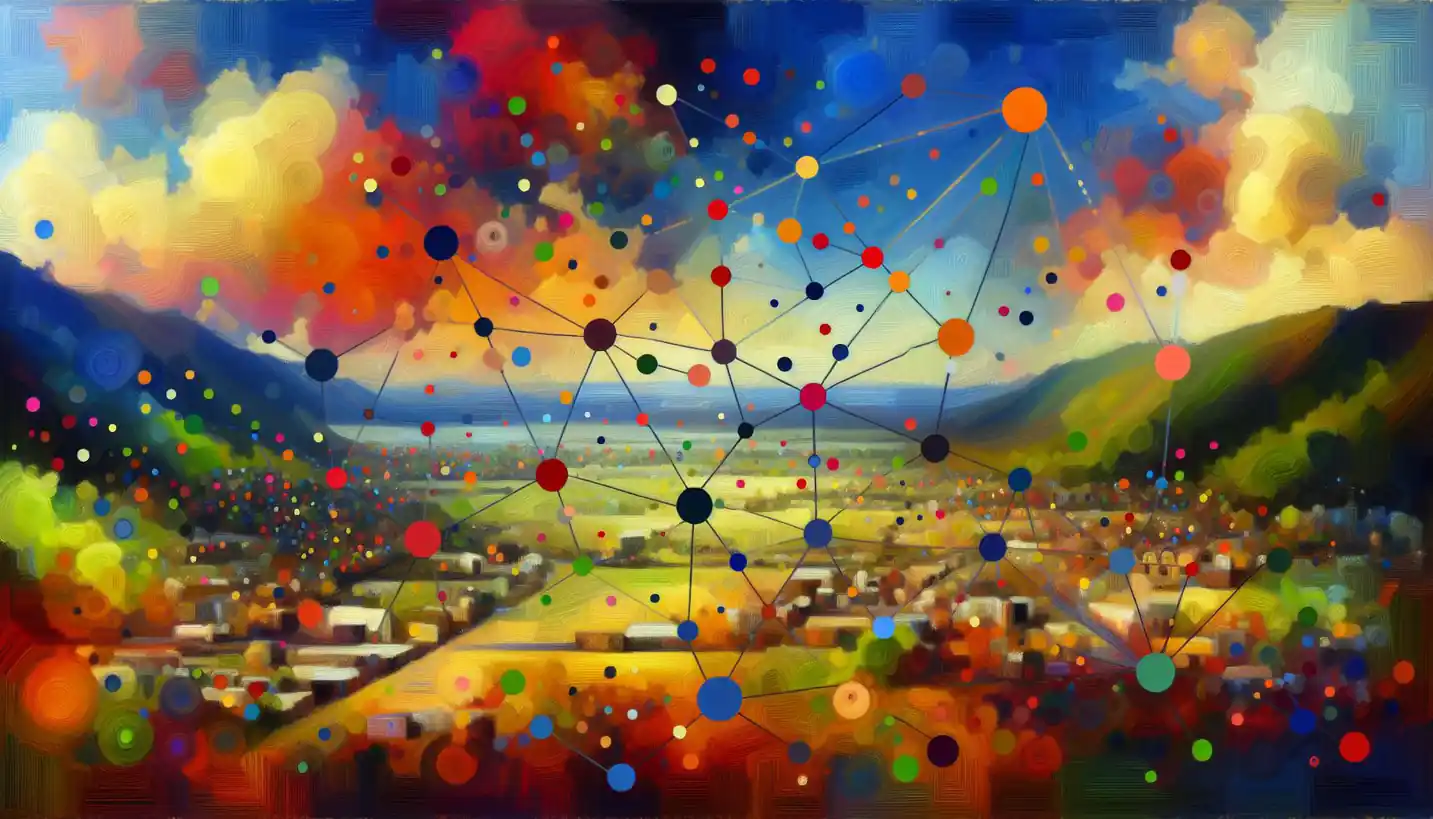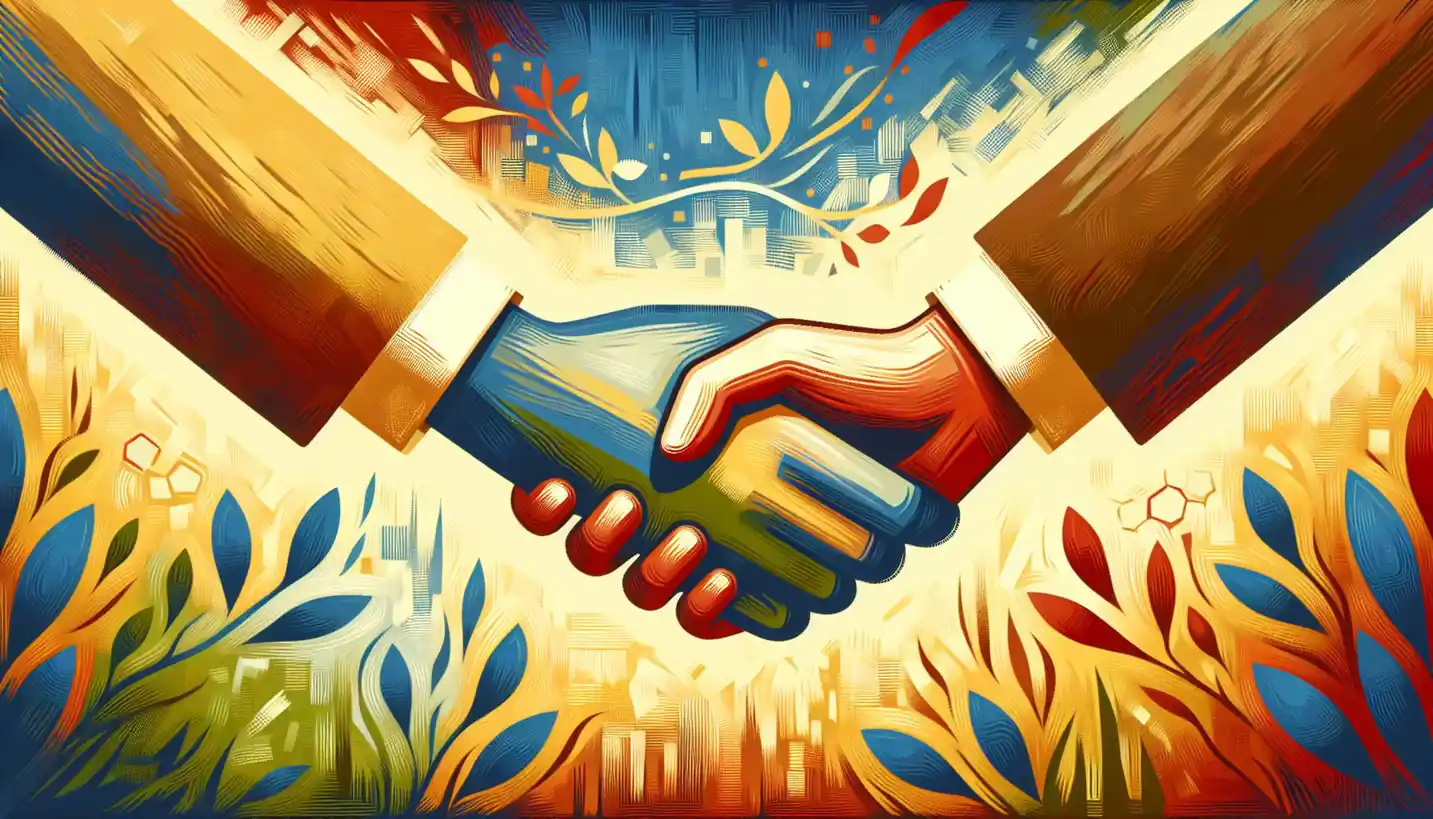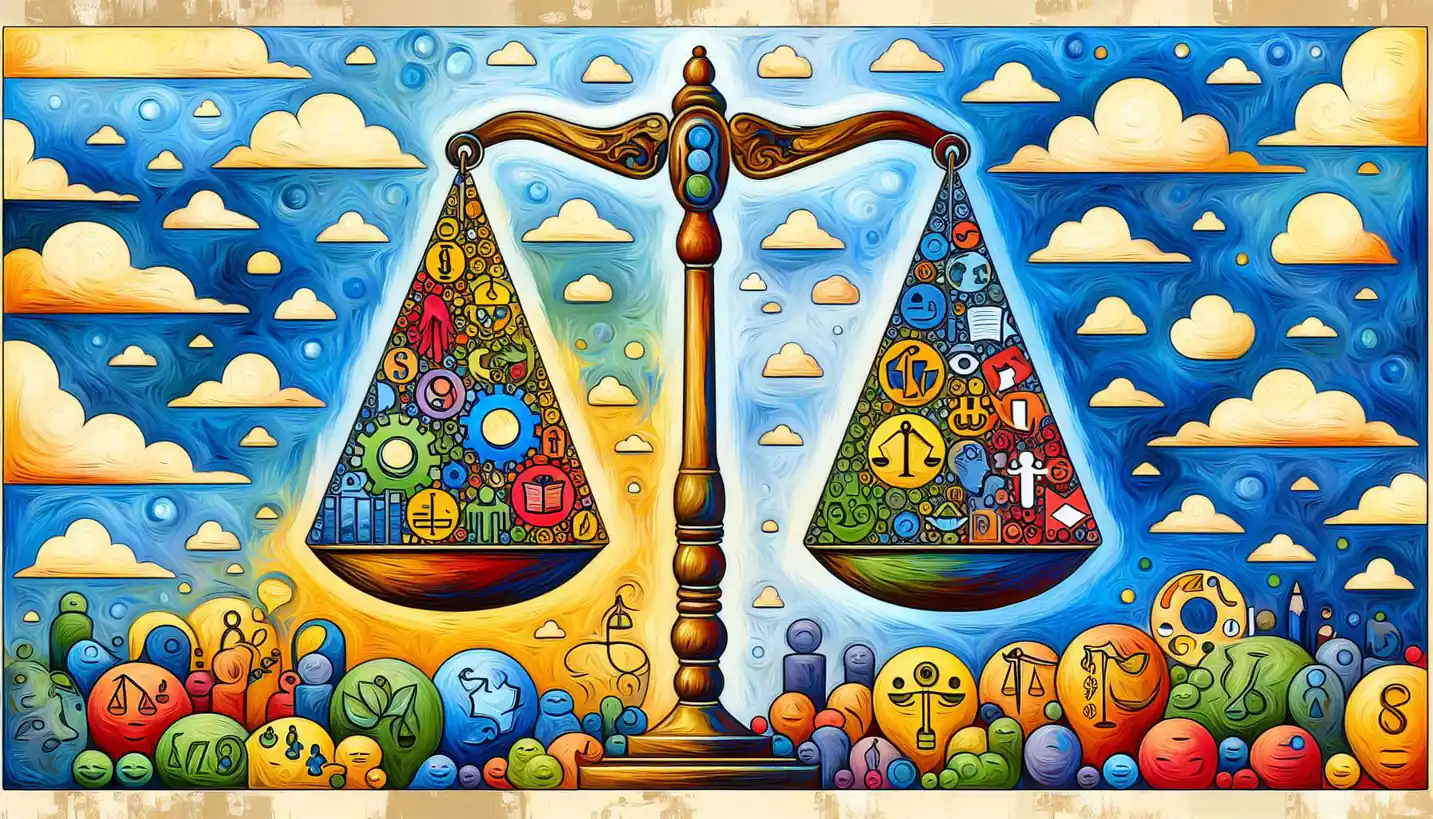· Sociology · 4 min read
Patrilineal Descent: A Deep Dive into Family and Heritage
Patrilineal Descent provides insights into family heritage, exploring traditional structures where descent is linked through the father's lineage.

Understanding how families trace their lineage can reveal much about societal values and cultural traditions. Patrilineal descent is a fascinating concept in the sociology of family, where lineage is traced through the father’s side. This tradition affects everything from inheritance to family structure, and it provides a window into how different societies maintain their identity and heritage.
Discovering Patrilineal Descent
Let’s start by exploring what patrilineal descent means. Picture a family tree, where the focus is solely on the branches stemming from the father’s side. This method traces ancestry and inheritance through male lineage. It has been a common practice in many cultures around the world, influencing not just family structures but also social, economic, and even political systems.
A Historical Perspective
Throughout history, various societies have adopted patrilineal systems. Take ancient Rome, for example, where family names and estates were inherited by male descendants. This system ensured that family wealth and power remained concentrated within the male line, giving rise to dynasties and long-standing family names.
Similarly, in many African societies, patrilineality is prevalent. It dictates not only inheritance rights but also social status. For instance, in some tribes, the male head of the family plays a crucial role in decision-making, including marriage arrangements and the distribution of resources.
The Societal Impact
Patrilineal descent doesn’t just affect family trees; it profoundly influences societal structures. Let’s look at some of these impacts:
Inheritance and Property
In patrilineal societies, inheritance often follows the male line. This means that family property, titles, and sometimes even businesses are passed from father to son. While this can help preserve family wealth, it often excludes women from inheritance, impacting their economic independence.
Social Roles and Gender
Patrilineal descent has traditionally reinforced specific gender roles. The focus on male lineage can lead to a preference for male children, shaping everything from family dynamics to educational opportunities. In some cultures, the birth of a son is celebrated more than that of a daughter, affecting how children are raised and valued.
Political Structures
Beyond family, patrilineal systems often extend into politics. Monarchies and traditional leadership roles tend to follow male lineage. This practice can help maintain political stability but may also limit diversity in leadership.
Global Variations
It’s important to note that not all societies follow patrilineal descent. In contrast, some follow matrilineal systems, where lineage is traced through the mother’s side. Others might adopt bilateral descent, recognizing both maternal and paternal lines equally. This diversity highlights the varied ways in which human societies organize themselves around family and heritage.
In countries like China and India, patrilineal descent is deeply rooted in cultural norms, though these norms are evolving with modern values and legal reforms. Meanwhile, in the United States and many European countries, while surnames traditionally have followed the father’s line, there is more flexibility today, with some families choosing to hyphenate or blend names to reflect both maternal and paternal heritage.
Changes and Challenges
The concept of patrilineal descent isn’t static. With globalization and shifting societal norms, many cultures are reevaluating these traditions. The rise of gender equality movements has challenged patrilineal practices, advocating for equal inheritance rights and recognition for women.
Some societies are seeing legislative changes that ensure daughters have the same inheritance rights as sons. For example, Indian laws have been amended to give daughters equal rights in parental property, a significant shift given the country’s traditional patrilineal practices.
Why It Matters
Understanding patrilineal descent is crucial for grasping how different cultures view family and identity. It sheds light on various societal norms, gender roles, and even economic systems. While many societies are moving towards more egalitarian approaches, the remnants of patrilineal descent still influence numerous aspects of life.
Future Directions
As societies continue to evolve, what does the future hold for patrilineal descent? Increased awareness and advocacy for gender equality suggest a continued shift away from strictly patrilineal systems. Education about these systems and their impact can encourage more inclusive approaches.
Furthermore, the globalization of cultures means greater intermixing and a blending of traditions, potentially leading to more personalized family structures that reflect a balance of heritages.
Final Thoughts
Tracing lineage through the father’s side has carved the history and development of many societies. Its impact is seen in laws, traditions, and even personal identities. Yet, as we progress towards more equitable norms, understanding patrilineal descent can help in balancing respect for tradition with the need for change.
In essence, though the roots of patrilineal descent run deep, the branches of family and society continue to grow and adapt, reflecting the diverse and dynamic nature of human social structures.



